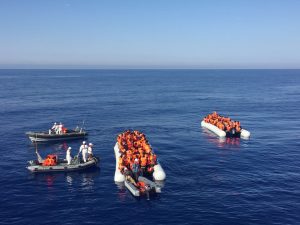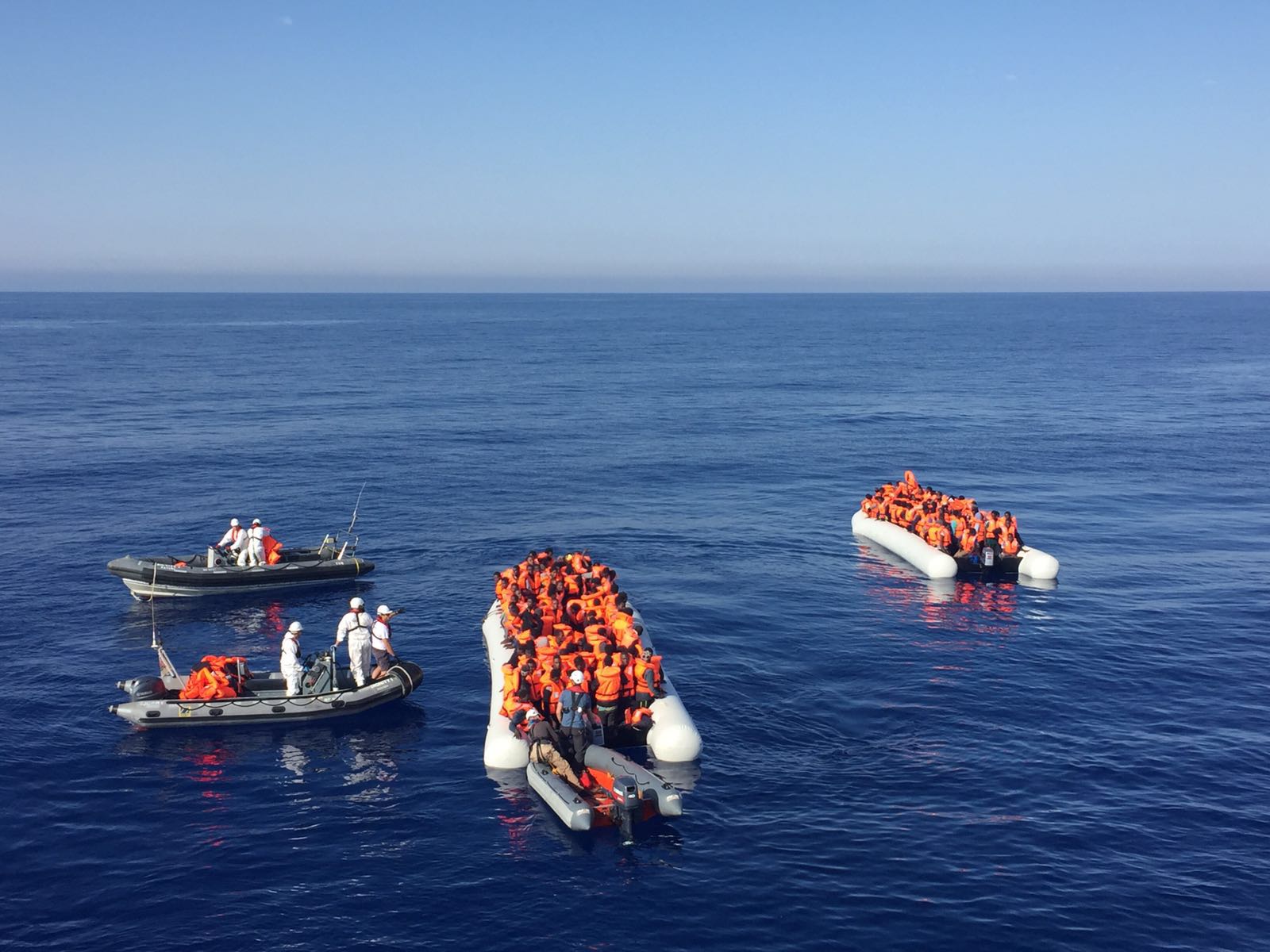By Sami Zaptia.

London, 10 June 2016:
The Netherlands and IOM Libya have signed an 18-month project agreement aimed at enhancing the Libyan . . .[restrict]Coast Guard’s capacity to save lives at sea and supporting the humanitarian repatriation of vulnerable migrants from Libya.
The EUR 1.5 million project, which will run through October 2017, will provide lifesaving equipment, basic infrastructure and capacity building for the Libyan Coast Guards.
It will also provide assisted voluntary return to stranded migrants in Libya to help them to return to their home countries. The most vulnerable migrants will also get reintegration assistance in their home countries.
May 2016 had seen a spike in the number of maritime incidents off the Libyan coast, making it the deadliest month to date this year, with 1,086 migrants reported as dead or missing. Between 22 and 28 May alone, over 3,600 migrants were rescued at sea and brought back to Libya.
Two leading rescue NGOs operating in the Mediterranean Sea, MSF and MOAS, Wednesday reported rescuing 955 migrants departing from Libya. MSF reported 828 whilst Maltese-based MOAS reported 127 rescued at sea.
The UN’s migration agency, the IOM has reported that nearly 3,000 migrants have died in the Mediterranean sea off the Libyan coast.
The Libyan Cost Guard, meanwhile, reported Wednesday that it had intercepted 117 illegal migrants attempting to cross the Mediterranean off Garabulli, an hour east of Tripoli.
Meanwhile, the EU announced on Tuesday its new ‘’compact’’ cooperation policy with countries from where illegal migrants originate. The package is to include a mixture of ‘’carrots and sticks’’, with aid conditional on states cooperating on restraining their citizens from migrating. The EU also confirmed that it would not be returning migrants to Libya.
This comes after Libya confirmed that it would not be taking any illegal migrants who had entered without documents, passports or visas back on its territory.
Dutch Ambassador to Libya Hans Sandee welcomed the joint project. “This is an important first step. The Coast Guard plays a key role when it comes to saving lives and border management,” he said.
IOM Libya Chief of Mission Othman Belbeisi thanked the Netherlands and emphasized the importance of the project and others like it to resolve the Mediterranean migrant crisis. “It is tremendously important to work closely with Libyan counterparts, including the Libyan authorities and the Libyan Coast Guard, to increase their capacity,” he said.
The project’s primary beneficiaries are migrants, with a particular focus on the stranded and most vulnerable. Other beneficiaries will include civil society organizations, local authorities, the Coast Guard and Libya’s Directorate for Combatting Illegal Migration. [/restrict]







